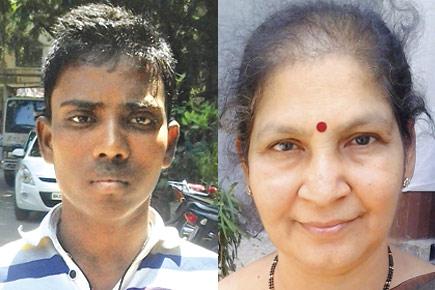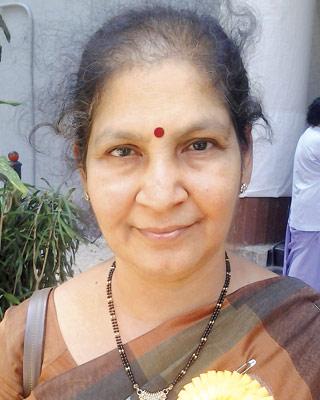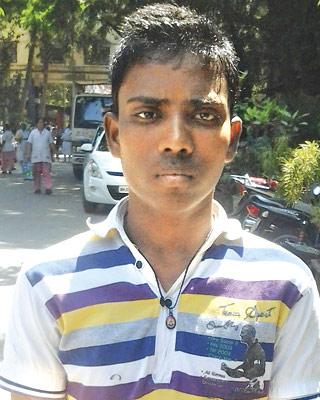Social worker Bharti Sangoi raised the Rs 2.5 lakh required for his hip replacement surgeries, and also asked the Sion hospital authorities to let him stay in the hospital for 3 years, while undergoing treatment

An 18-year-old orphan who was making a living by working in a hotel was left bed-ridden for years with sickle cell anaemia, a debilitating disease which cut blood supply to his hip bones, putting him in dire need of total hip replacement.
ADVERTISEMENT


Bharti Sangoi and Raja Yadav
While the young man could not afford the the surgery that would cost him around Rs 2.5 lakh, he received the hip replacement because of the kindness and enterprise of social worker Bharti Sangoi, who not only raised the funds necessary for the surgery, but also convinced authorities at the civic-run Sion Hospital to give him space to live within its premises. The young man has made the hospital his home for the past three years.
Raja Yadav was unable to walk or even sit in comfort for three long years. With no relatives to take care of him, he had almost given up any hope of surviving in the city. “He hails from Uttar Pradesh and came to the city to work at a hotel in Ghatkopar to fend for himself. However, his health started deteriorating at the end of 2010 and with the help of his former employer, he got himself admitted to Sion hospital,” said Bharti Sangoi, who works as an independent social worker.
To make matters more challenging for the teenager, the hospital’s medical social workers were unable to financially aid him, as he wasn’t a ration card holder. “Soon after that, my employer deserted me,” said Raja. Seeing the boy’s condition, Sangoi took him under her wing and took it upon herself to ensure that he got the treatment he needed.
Raja was under treatment for sickle cell disease and anaemia where red blood cells assume an abnormal ‘sickle’ shape, which decreases the their flexibility. “His hip bones were damaged as the blood supply got completely cut, a condition known as avascular necrosis.
For the first two years he was under us, we first had to put him on drugs to control the ailment so that he would be ready for surgery,” said Dr Harshad Argekar, associate professor of the Orthopaedics department. As the boy’s health improved, he was faced with another obstacle — the cost of the hip implants would cost upto R2,50,000. Sangoi then collected the funds required from various donors.
“Even after his operation, I requested the hospital authorities to let him stay in the hospital until he was able to walk properly, as he had nowhere else to go. The medical social workers from the hospital also helped support him,” she said.
Raja underwent his first surgery in December last year, following which the second total hip replacement surgery was done in January. “His blood disease will stay for the rest of his life, but we are now keeping it under control with the help of drugs,” added Dr Argekar. Bharti now plans on shifting him to a sanstha, so he can pursue further studies.
 Subscribe today by clicking the link and stay updated with the latest news!" Click here!
Subscribe today by clicking the link and stay updated with the latest news!" Click here!






